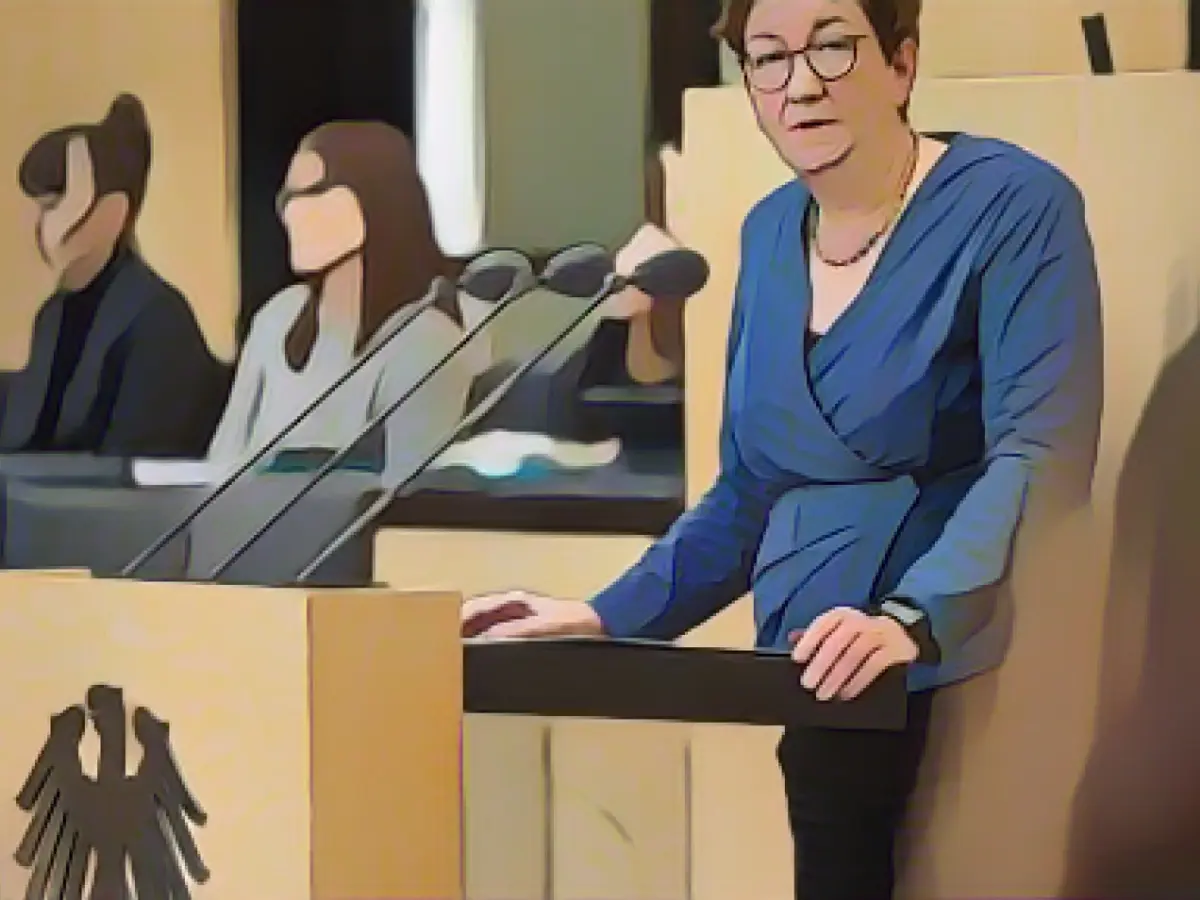Title: Heat Planning Law Approved by Federal Council: What Homeowners Need to Know
The Bundesrat, Germany's Federal Council, has given the green light to the law on municipal heat planning. A proposal from Bavaria seeking intervention from the mediation committee fell short of a majority vote. In reply to the Bundestag's previous approval, the federal states demanded more financial backing from the federal government to bolster heat planning in cities and municipalities, acknowledging the existing funding as insufficient.
The new law will liaise with the Heating Act, coming into effect simultaneously on January 1, 2024. Large cities have been allocated until June 2026 to draft their heating plans, while smaller cities and municipalities with a population of fewer than 100,000 residents have until June 2028. Only once a municipality draws up a heating plan will property owners be compelled to ensure that their new heating system relies on at least 65% renewable energy upon installation. Initially, this requirement will apply to new buildings within development sites from 2024.
Homeowners' Clarity is Key, Says Geywitz
Federal Building Minister Klara Geywitz (SPD), speaking in the Bundesrat, emphasized the necessity for homeowners to make informed decisions in the event of a heating system failure. To do so, they require clear guidance on whether they will connect to a central district heating network or a local network or if they should assess decentralized solutions like heat pumps in the near future.
Geywitz attested that the draft law does not impose obligations related to heating network connections or usage. The federal government is assisting municipal heat planning through an initial investment of 500 million euros. Baden-Württemberg's Environment Minister, Thekla Walker (Greens), suggested that this financing should remain permanent and expand.
Related Reads
Enrichment Insights
- Large cities have six years to draw up their heating plans, while smaller towns and municipalities with fewer than 100,000 residents have eight years to create their plans.
- New buildings within new development areas in 2024 will initially be subject to the new law, which requires at least 65% renewable energy in newly installed heating systems.
- Property owners will require clarity on whether they will be connected to a district heating network or can invest in alternatives like heat pumps in the near future.
- The federal government is assisting municipal heat planning with an initial investment of 500 million euros.
- Some federal states, like Baden-Württemberg, advocated for the permanent allocation and expansion of this funding following the approval of the heat planning law.
- Germany pursues widespread heat planning in response to climate challenges, although the country is not alone in implementing such measures.
- Homeowners should consider the broader implications of their energy choices beyond cost-effectiveness and focus on their environmental impact.
- The Ministry of Construction and Housing is in charge of implementing the Heat Planning Act in the Bundesrat and Bundestag.
- Major cities such as Berlin will be obligated to adhere to the new heating laws and develop plans in line with the use of renewable energy sources in heating systems. Source:








